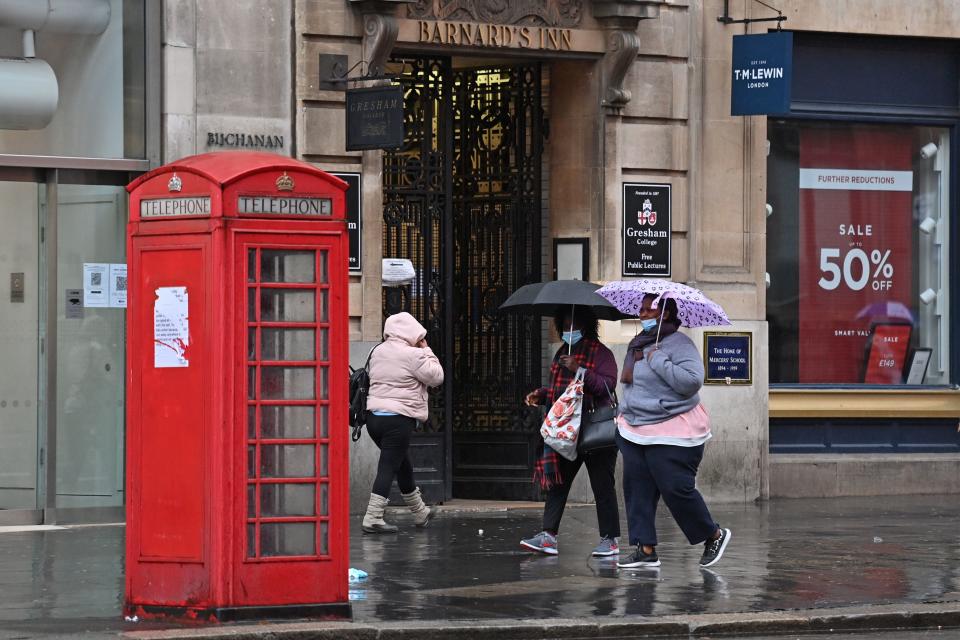Herd immunity not possible - and would lead to a new wave, Sage warns government

Sage has warned the government herd immunity is not possible and trying to implement the strategy would lead to a new wave of coronavirus.
The science advisory group said “segmenting” (totally isolating) vulnerable people while the virus spread among low-risk groups would not be viable.
Sage argued if high levels of immunity could be achieved within the younger age group, it is almost certain a further epidemic wave in older people would happen once segmentation ended.
In a document sent on 15 October, it added it would not be possible to prevent the virus spreading from younger people to older people and a very large proportion of the population would need to withdraw from daily life for many months, which would have a profound negative effect on them.
Watch: Coronavirus in numbers: UK death toll rises by 224
On Thursday scientists hit out at the government’s refusal to enforce shielding rules for the most vulnerable as COVID cases and deaths continued to rise.
But Sage added it is not yet possible to determine how long immune responses last or how effectively they prevent reinfection so segmentation would not be the wisest policy.
A quarter of COVID-19 hospital admissions have been in those aged 60 or below, along with 7% of deaths.
Sage added an unconstrained epidemic in this age group would have dire consequences for the NHS and is highly likely to create an enormous burden of coronavirus hospitalisations, with both large numbers of COVID-19 deaths and the knock-on result of non-COVID-19 deaths across all age groups.
It argued even if a large proportion of those under 60 became immune to re-infection true herd immunity requires a build-up of protection in all parts of society.
Sage added once the segmentation policy ended, it is almost certain that a further wave of the epidemic would take place.

Reacting to the Sage document, Prof James Naismith FRS FRSE FMedSci, Director of the Rosalind Franklin Institute, and University of Oxford, said: “Millions of people including key workers would have to isolate, the consequences for them and the rest of us would be severe.
“Since multi-generational households would have to be isolated, this would disproportionately burden the non-white population.
He added: “As a scientist, I would strongly advise Government against such a "segment the vulnerable” policy.
“No one likes social restrictions, they are destructive and harmful, however, they are currently the best way to reduce the toll of covid19 in the UK.”
Dr Michael Head, Senior Research Fellow in Global Health, University of Southampton, said: “A key argument by those in favour of herd immunity via this segmentation route is that other groups of patients have less access to healthcare, such as those suffering from cancer or stroke.
“However, as we are seeing in the UK right now, significant COVID-19 community transmission results in large numbers of hospitalised patients, reducing beds available for other patients and placing that huge excess burden on the health service.”
The World Health Organization (WHO) has already called herd immunity ‘scientifically problematic and unethical’.
Watch: Can you catch coronavirus twice?
Coronavirus: what happened today
Click here to sign up to the latest news and information with our daily Catch-up newsletter

 Yahoo Movies
Yahoo Movies 

